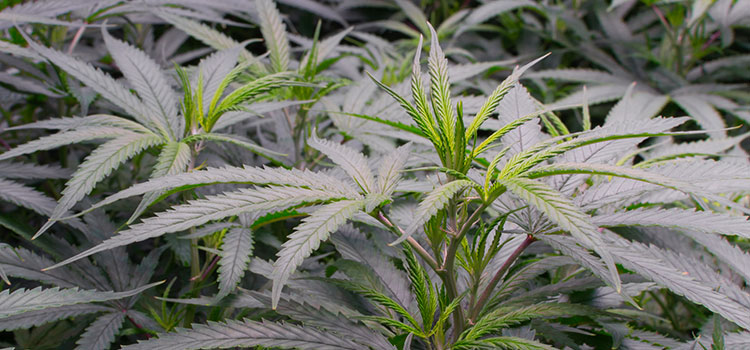A University of British Columbia study is the latest to report that cannabis can be utilized as a therapy for people suffering from some mental health and addiction issues, according to a press release from the university. Researchers found that medical cannabis use helps stem symptoms of depression, social anxiety, and depression in users, while helping some opioid addicts and alcoholics kick their dependence.
Zach Walsh, the study’s lead author and UBC associate professor of psychology, concluded that some people are using cannabis as “an exit drug” from more harmful substances. He noted that while cannabis is shaping up to be an effective therapy for some psychological issues it might not be efficacious for conditions such as psychosis and bipolar disorder.
“In reviewing the limited evidence on medical cannabis, it appears that patients and others who have advocated for cannabis as a tool for harm reduction and mental health have some valid points,” Walsh said in the release.
The researchers performed a comprehensive systemic review of mental health and cannabis academic journal articles, including studies on non-medical cannabis use — 60 in all. In addition to their findings regarding mental health and addiction, the authors concluded that cannabis use “does not increase the risk of harm to self or others.”
“There is currently not a lot of clear guidance on how mental health professionals can best work with people who are using cannabis for medical purposes,” Walsh said. “With the end of prohibition, telling people to simply stop using may no longer be as feasible an option, so knowing how to consider cannabis in the treatment equation will become a necessity.”
The study will appear in the Feb. 2017 edition of the Clinical Psychology Review.
